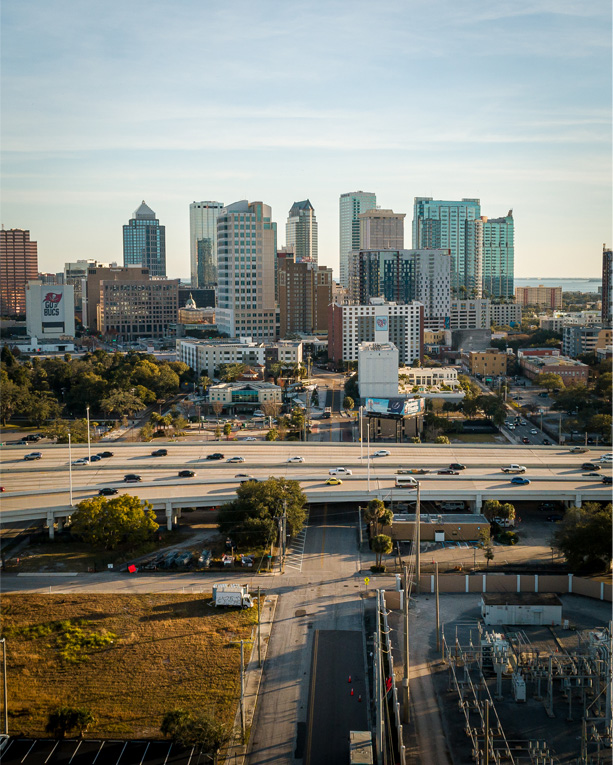
The Situation
In the tapestry of American life, a stark reality emerges from a report by the Legal Services Corporation (LSC): approximately 50 million citizens find themselves below the poverty line. Among them, 15 million are innocent children, and 8 million are seniors navigating the twilight of their lives. This plight extends to low-income Americans facing critical challenges in securing and safeguarding housing, education, healthcare, income, and safety. Astonishingly when these individuals seek civil legal assistance, they find recourse for merely 1 in 4 impactful problems, leaving 92% unaddressed. LSC-funded organizations, the pillars of support for these vulnerable communities, grapple with overwhelming demand, forced to turn away half of those who seek help due to limited resources. Even when assistance is rendered, only half of the problems can be fully resolved. In the South, where 22.2 million people teeter below 125% of the Federal Poverty Level, the need for intervention is palpable, with 75% of households grappling with one or more civil legal problems annually.
 Zooming into Florida, where 12.7% reside below the poverty line, and the Tampa Bay region reports an even steeper 17.2%, as revealed by the 2021 Census Bureau data, the urgency to bridge the justice gap becomes undeniable. These statistics are not just numbers but a call to action, imploring us to weave a more robust, more compassionate fabric for the most vulnerable among us.
Zooming into Florida, where 12.7% reside below the poverty line, and the Tampa Bay region reports an even steeper 17.2%, as revealed by the 2021 Census Bureau data, the urgency to bridge the justice gap becomes undeniable. These statistics are not just numbers but a call to action, imploring us to weave a more robust, more compassionate fabric for the most vulnerable among us.
Intersection of Poverty and Law
Florida grapples with a stark reality: in 2020, the state witnessed 508,490 arrests, including 31,543 juveniles. Fast forward to 2023, and the number of juvenile arrests surged to 36,996, painting a concerning picture of our youth’s entanglement with the legal system. Paradoxically, as the demand for legal aid intensifies, the resources allocated fall short.
In 2023, only 98,094 individuals are estimated to receive legal aid, with a state budget of $560 million. Recognizing this inadequacy, the Legal Services Corporation passionately appealed for a substantial increase, requesting $1.6 billion for 2024. The yawning gap between current funding and pressing needs is eloquently articulated by Kathryn Fanlund, Communications Manager for the Legal Services Corporation. Amidst this challenging landscape, Florida lawyers look to fill the gap, contributing over 1.5 million pro bono hours, valued at more than $380 million, and channeling over $6.7 million into legal aid programs between July 1, 2020, and June 30, 2021, according to figures from The Florida Bar. These numbers, etched in the annals of our legal system, beckon us to reevaluate and reinforce our commitment to justice for all.
